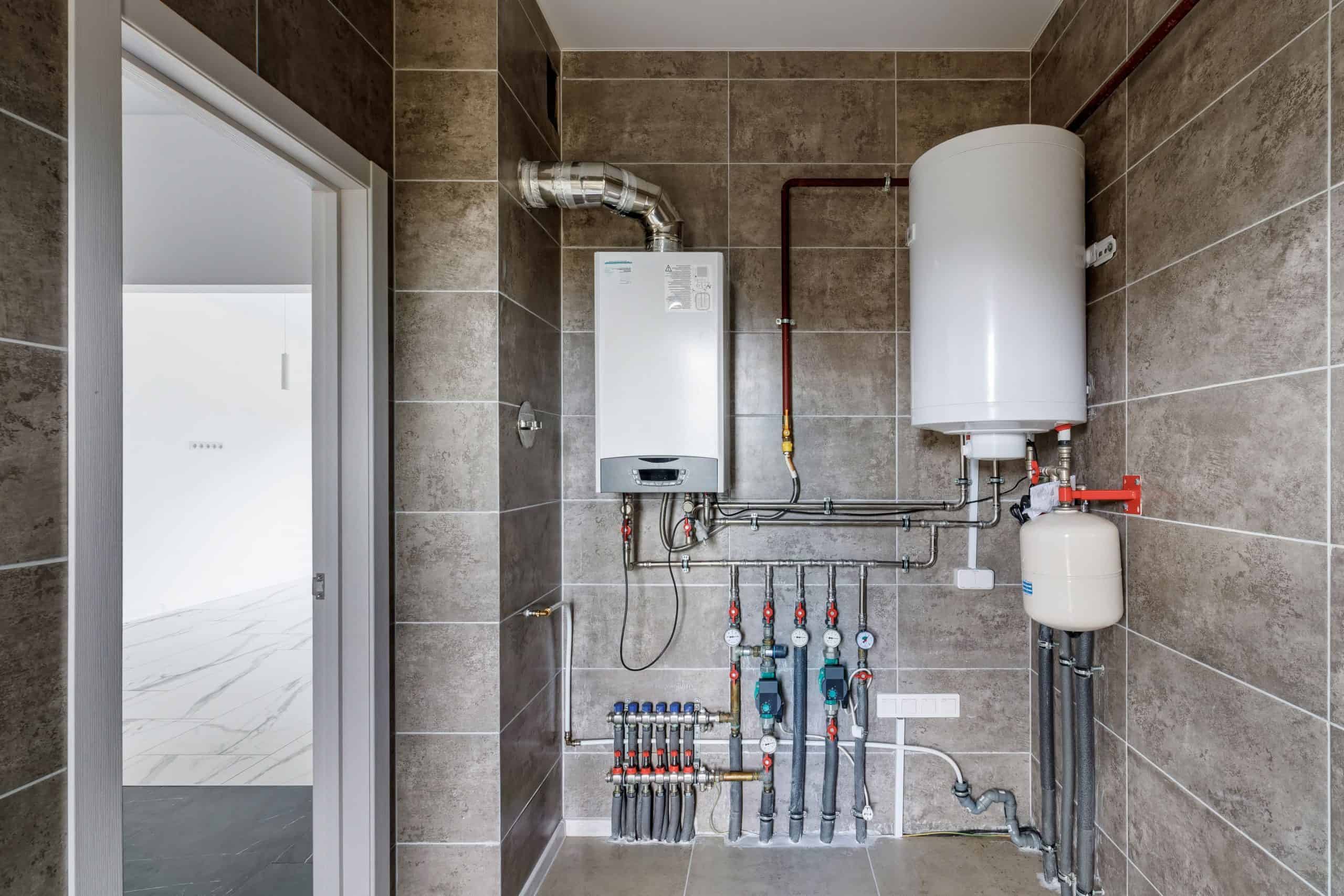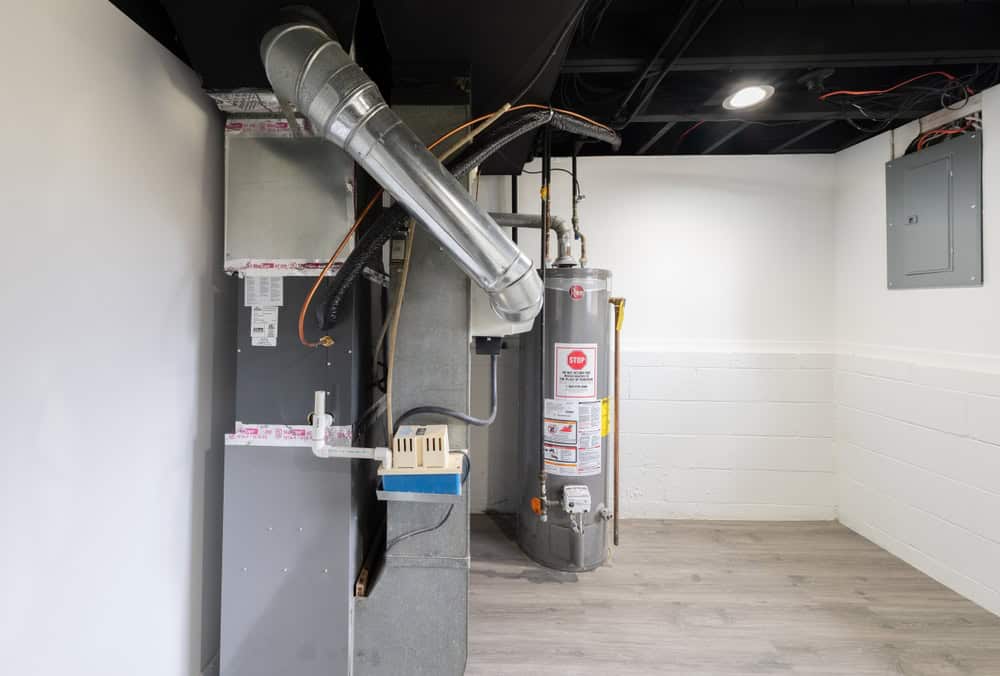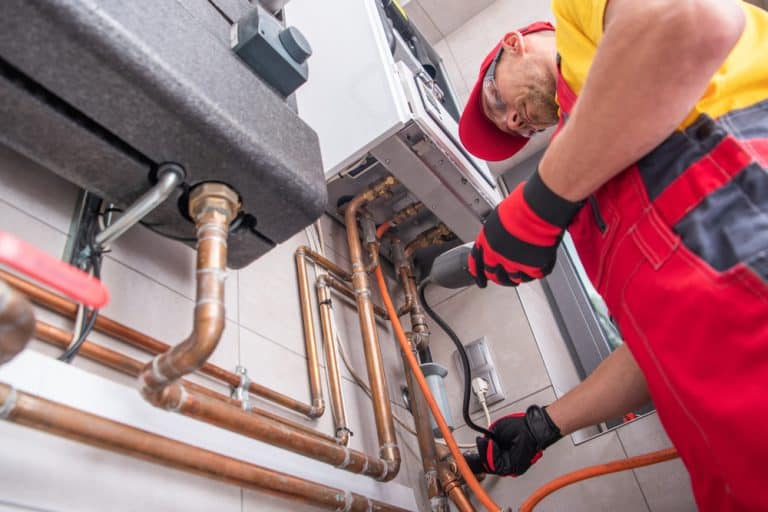
Hear from Our Customers

Your monthly heating bills drop significantly. No more scheduling oil deliveries or worrying about running out of fuel in the middle of winter.
Your home becomes more attractive to buyers if you ever decide to sell. Natural gas heating is what most people expect in today’s market.
You’ll have consistent, controllable heat throughout your home. No more cold spots or temperature fluctuations that come with aging oil systems.
We’ve been serving Abington homeowners since 2007. We’ve seen every type of heating system in this area, from the older oil systems in homes near Ames Nowell State Park to the newer construction around Island Grove.
Most homes in Abington were built when oil heating was standard. We understand the specific challenges these conversions present and how to handle them efficiently.
You get upfront pricing before we start any work. No surprises, no hidden fees, no games. Just honest service from people who live and work in your community.

First, we assess your current oil system and home layout to determine the best approach for your natural gas installation. We check your property’s access to gas lines and plan the most efficient route.
Next, we coordinate with the gas company to ensure proper connection to the main line. We handle all the permitting and inspections required by Abington building codes.
We install your new gas heating system, remove the old oil equipment, and test everything thoroughly. The whole process typically takes 1-2 days depending on your home’s setup. You’ll have heat throughout the conversion.

Ready to get started?
Your conversion includes new gas line installation from the street connection to your heating system. We handle all permits, inspections, and coordination with National Grid.
We remove your old oil tank safely and according to Massachusetts environmental regulations. This eliminates future liability and frees up space in your basement or yard.
You get a complete system test and walkthrough so you understand how to operate your new gas heating system. We also provide a 1-year labor warranty on all installation work.

Most Abington homeowners save 30-50% on their annual heating costs after converting to natural gas. Oil prices fluctuate significantly, but natural gas rates remain more stable year-round.
The exact savings depend on your home’s size, insulation, and current oil usage. A typical 2,000 square foot home might save $800-1,200 per year on heating costs.
You’ll also eliminate oil delivery fees, tank maintenance costs, and the risk of emergency oil purchases during price spikes.
Massachusetts regulations require proper abandonment or removal of oil tanks when you stop using them. Leaving an unused oil tank creates environmental liability and can affect your home’s resale value.
We handle the entire tank removal process, including soil testing if required. Above-ground tanks are simpler to remove, while underground tanks require more extensive work and environmental testing.
Tank removal also frees up valuable basement or yard space that you can use for storage or other purposes.
Most residential conversions in Abington take 1-2 days once we begin installation. The timeline depends on your home’s layout, distance to the gas main, and complexity of the new system.
Coordination with National Grid for gas line connection can add a few days to the overall timeline. We schedule this in advance to minimize delays.
You’ll have temporary heat during the conversion process, so you won’t be without heating while we work.
Abington requires building permits for gas line installation and heating system changes. We handle all permit applications and inspections as part of our service.
You’ll also need National Grid to inspect and approve the gas connection before your system can be activated. This is standard procedure for all new gas installations.
Massachusetts also requires environmental compliance for oil tank removal, including proper disposal and soil testing when necessary.
Most homes in Abington can be converted to natural gas, but it depends on proximity to existing gas lines. National Grid has expanded service throughout most residential areas.
Homes on private roads or in remote areas might not have gas line access. We can assess your property’s eligibility during our initial consultation.
Some older homes may need electrical upgrades to support modern gas heating systems, but this is usually straightforward work.
Natural gas heating systems have excellent safety records when properly installed and maintained. Modern gas systems include multiple safety features like automatic shutoffs and leak detection.
Gas burns cleaner than oil, producing fewer emissions and no soot buildup in your home. You eliminate risks associated with oil storage, spills, and tank corrosion.
We install gas detection systems and ensure all connections meet current safety codes. Your new system will be inspected by both our technicians and local authorities.